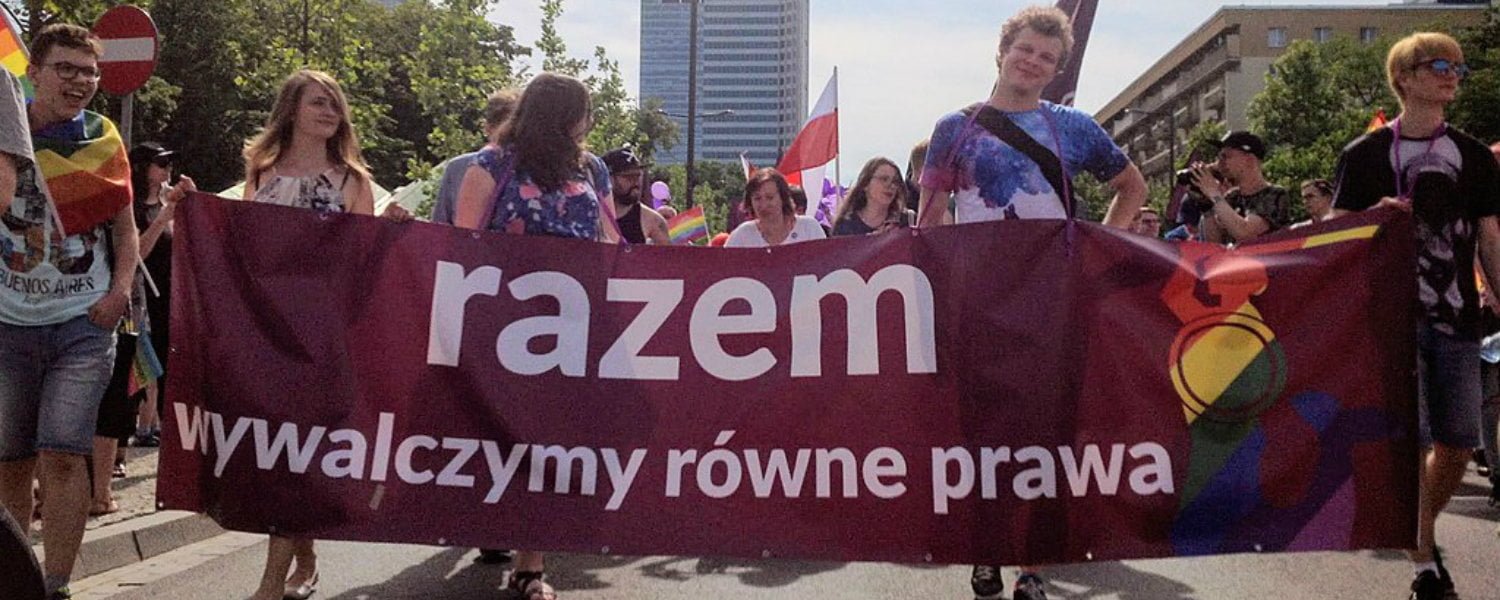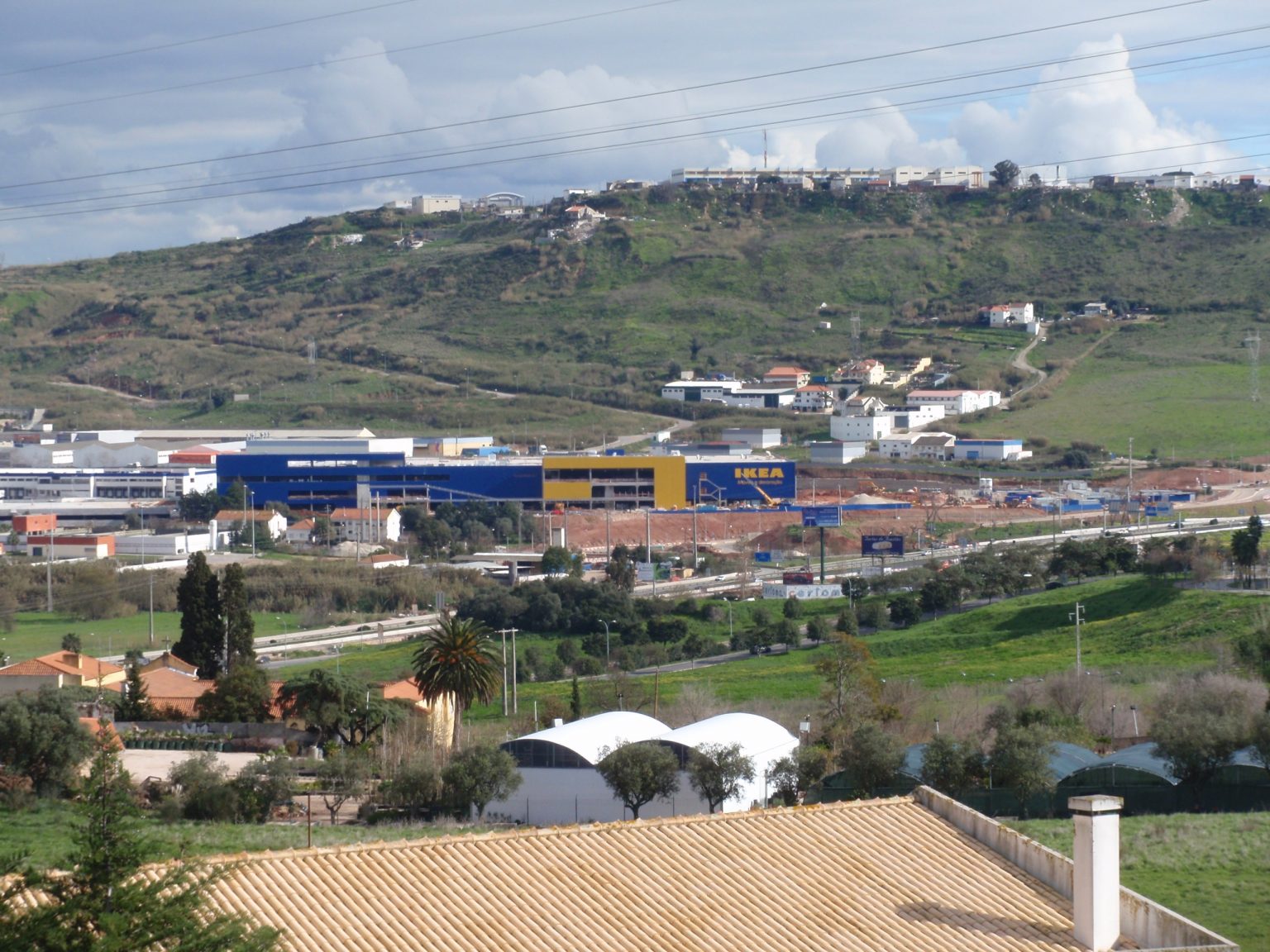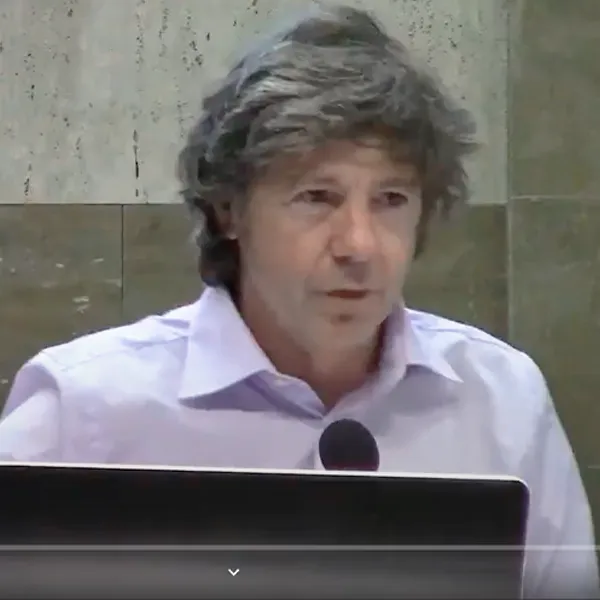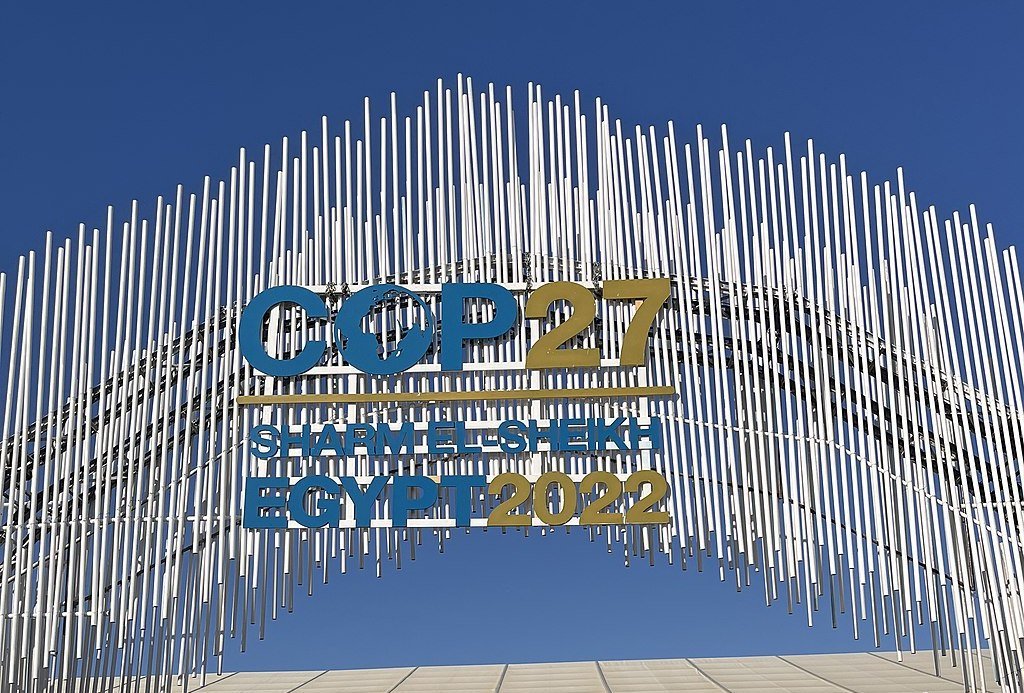Three years ago, a new political party called Razem (Together) stunned public opinion in Poland. A circle of young people, most, but not all of them previously active in the Young Socialists group, not only got organized in a party, but also managed to gain 3.5% of the vote in parliamentary elections, having virtually no support from the mainstream media. Sure, this was not enough to win any parliamentary seats, but a new hope shone for the catastrophically fragmented and ideologically confused Polish left anyway. For years, the activists had faced a dilemma: should they get engaged in tiny radical left organizations, most of them suffering from sectarianism, or should they work for internal change in the largest social-democratic party, the Democratic Left Alliance, compromised many times by political moves including supporting the antisocial pension reform and suggesting that progressive taxation hurt the economy – generally speaking, conceding that capitalism had won and the left had to accept that. The emergence of Razem seemed to show that a movement that would eventually lead to the building of a firmly socialist party had started.
However, three years later the polls show Razem still at its starting point – which is nothing but a great failure. If the party does not achieve any success in the upcoming regional elections, this failure may become critical.
In most Western European countries, Razem would be considered a standard or even moderate social-democratic force with no ambitions to overthrow the capitalist system, instead presenting a thorough programme of minimizing its most painful results, promoting ecology, gender equality and appealing to the state and local governments for a consistent social policy. This is summed up well in Razem’s short ideological declaration:
We have formed RAZEM, for we have had enough.
Enough of precarious work and bank loans for 30 years to afford a flat. Enough of tax privileges for huge corporations and banks. Enough of the political caste, which has forgotten how the ordinary people live.
Razem means a Poland, which is organized in a different way. Where the law is on the workers’ side. Where the state guarantees cheap flats for rent, free nurseries and solid public healthcare. It is possible to ensure stable work and just salaries for everyone.
The more detailed party programme also does not contain anything that would surpass a standard set of welfare state policies. Razem advocated, among other things, a progressive tax system, free and quality healthcare and education, more regulation in the labour market – more stability and less precarious jobs, a responsible housing policy, full gender equality and an active fight against racism, xenophobia, sexism and exclusion of any sort. It has appealed for higher wages and stronger defence of workers’ rights, and demanded a genuine division between the state and the Catholic Church in Poland. It has also elaborated programmes in areas which are current topics of public interest in Poland, such as family support policies, insufficient state support for the disabled, animal rights and the development of public transport. It has also issued antifascist statements and criticized the government for allowing extreme right groups to hold their public meetings full of aggression and hatred towards immigrants and left-wing sympathizers.
Despite the fact that Razem was inspired, at best, by the Scandinavian model or Western welfare states, it has never defined itself as an anticapitalist party (although a very resolute criticism of capitalism may be found in individual members’ comments) or suggested more radical historical inspirations, yet it is continuously labelled as ‘extreme left’ or ‘communist’ by many Polish political commentators. This is rather a sign of how the Polish political scene has moved to the right than an actual description of what the party offers to potential voters. In fact, leading members of Razem have even threatened to take to court anyone who called the party ‘communist’; a party member who claimed to be a ‘democratic communist’, and not the only one in the party, left the organization in an atmosphere of widespread criticism from his former comrades. Razem has never intended to question the anticommunist hysteria in Polish political life, a rhetoric where anyone supporting, for instance, trade unions or basic workers’ rights may be called ‘communist’, meaning ‘stalinist and totalitarian’. The impression is that at this point the party intends to adjust perfectly to the Polish mainstream.
It must be stated clearly that, when compared to what the other parties say and do, Razem’s programme is definitely the most progressive platform presented in recent years, covering the widest range of aspects of public and social life. Now, during the campaign before local elections scheduled to take place on 21 October, Razem is also coming up with the most consistent social-democratic and detailed set of ideas. When it comes to local elections it must also be mentioned that they turn out to be the only party that actually discusses the problems that local governments are able to solve, and points out what could be done. Everyone else is offering just vague slogans or turning the voters’ attention to the Really Important Conflict between the national Catholic government and (neo)liberal opposition. Both sides of the conflict insist that nothing else counts in today’s Poland apart from saving the state from liberals (the government’s version) or saving Polish democracy (the opposition’s words).
This conflict, which broke out immediately after Law and Justice (Prawo i Sprawiedliwość, PiS) won the elections of 2015, has been the source of two important problems for Razem. Firstly, the party has been greatly hurt by the polarization of the mainstream media in Poland and the weakness of independent, particularly left-wing, outlets. The young social-democrats quite correctly defined their position in view of the conflict as a sort of ‘third way’: they come up with criticism of the worst anti-democratic excesses of Law and Justice, while repeating constantly that the right’s electoral success is the direct consequence of the arrogant and antisocial rule of the neoliberals. As a result, they are attacked by the media of both sides. For Law and Justice and their sympathizers, they are nothing more than ‘dangerous communists’ (no matter how loudly they dissociate themselves from Lenin and others). For the neoliberals and their media outlets, after some positive depictions at the very beginning, they have been a favourite object of insult and mockery – for their unwillingness to join the ‘anti-PiS united front’. In fact, the neoliberal attacks on Razem tend to be even more malicious than the primitive anticommunist rhetoric coming from the right-wing media. The party has been accused of ‘assuring future victories of PiS and destroying Polish democracy’ and ‘coming up with immature slogans when the real politicians are all defending democratic values’. All that despite Razem’s impeccable record on the issues of democracy: they protested against Law and Justice’s reform of the courts (which, according to the liberals, has destroyed the independent judicial system in Poland) and organized one of the most ‘visual’ protests against the prime minister’s decision not to publish those verdicts of the Constitutional Court that she did not agree with.
Both sides of the conflict, in fact, would love to see the ‘debate’ between them last forever and exclude any other political forces from the scene. This makes the Polish political environment extremely difficult for Razem, despite a lot of organizational work that the party had already done. Razem activists are regular participants in workers’ demonstrations (not only in Warsaw) and speak out in defence of women and minorities, but the mainstream media discourse strongly prevents them from widening their base. A lot of progressively thinking people, hearing all the time that their vote must be cast for a ‘real political force’ in order to beat PiS, succumb to this sort of political blackmail.
In fact, Razem could have won much more, had it positioned itself as a totally new, anti-system party instead of underlining that it does not represent any ‘dangerous radicalism’ and is rather a ‘calm and balanced’ answer to a late capitalist society’s problems. Despite the fact that Polish political discourse has shifted so strongly to the right, Poles are not organically hostile to all forms of socially progressive thinking. In the past few elections, parties and individuals that claimed to be a total alternative to the existing order (suggesting therefore that they would question the neoliberal status quo) gained significant support even if their actual programmes were far less detailed than what has been worked out by Razem. In the 2011 parliamentary elections, an eclectic party called Ruch Palikota (Palikot’s Movement, from the name of the founder), a liberal party with a social wing and a strong anticlerical flavour, even campaigned as the third force. Not taking this experience into consideration, Razem seems to believe that they would win more by posing as a rational, predictable and responsible organization, so that the stereotype of the ‘aggressive left’ spread by nationalists and Catholics would be contradicted and the support of liberal media outlets assured. However, given the ardour with which both wings of the Polish right (theoretically engaged in conflict) turn against any left alternatives, this tactic is doomed to fail.
The upcoming regional elections will be a crucial test for the party, determining, perhaps, even its survival. Razem has little chance of winning seats in the regional parliaments, but has helped to form a dozen progressive alliances with local city movements in the cities and may come up with good results in at least some of them. If the party activists enter town councils, they will finally have the opportunity to counter the stereotypes waged against them by both wings of the right. Gaining credibility in the regions may be Razem’s great chance. For no matter how legitimate it is to criticise the organization’s moderate tactics, one thing cannot be denied: it was Razem that offered dozens of progressive young peopl a sense that there was a space for them in politics. If, however, the party fails, their enthusiasm may be lost.











